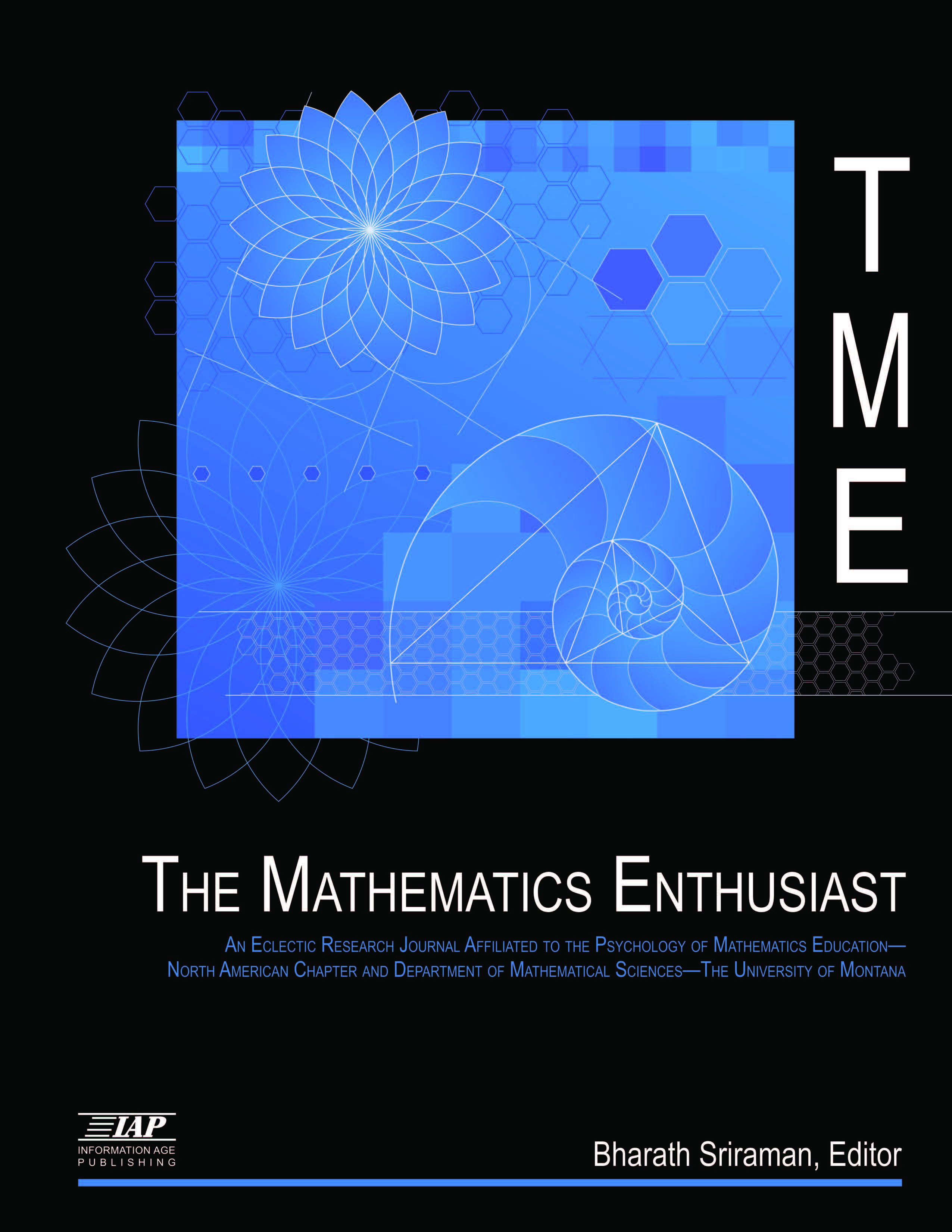
Volume
19
Issue
2
Abstract
In this article, we bring forward a research with ethnomathematical aspects that shows the socio-cultural relations experienced in a quilombola community registered as Santa Luzia do Maruanum, in the rural region of the capital Macapá, in the state of Amapá, Brazil. Such research was based on the activities developed by 12 ceramic craftswomen in the community, members of the Ceramic Craftswomen Association of Maruanum - ALOMA (Associação de Louceiras do Maruanum in portuguese). It was possible, through field research, with a qualitative approach, to understand the social context of ceramic craftswomen, to verify the spoken mathematical knowledge learned out of school in the production of ceramic tableware, in family farming, and consequently in daily habits, such as Marabaixo culture. Through participant observation, it was possible to verify aspects in the relationship between the contents of school mathematics and the activities developed by the ceramic craftswomen, which brings us possibilities of a bridge for teaching mathematics in quilombola schools. The results presented here point to the importance of a school education focused on valuing local culture, which strengthens ethnic relations in the search for equity and establishes an artistic-cultural rescue. In this sense, the presence of women as maintainers of household income and in the political leadership of the community stands out. This leads us to reinforce the understanding of the representativeness of the practices of ceramic craftswomen in the teaching of school mathematics, in which the concepts approached in the classroom are exemplified with everyday reality from the communities. Thus, we hope that this article will contribute to reflections at the most diverse levels and educational modalities. We also hope to contribute with other research in Ethnomathematics and to disseminate the quilombola culture present in the state of Amapá, which is currently under constant attacks on its rights by the state policy that has been installed in Brazil since 2016.
First Page
370
Last Page
393
Recommended Citation
Silva, Romaro Antonio; Baptista Palhares, Pedro Manuel; and Linhares de Mattos, José Roberto
(2022)
"Ethnomathematics Approach as a Tool for Cultural Valuation and Social Representativity: Possibilities in a Quilombola Community in the State of Amapá - Brazil,"
The Mathematics Enthusiast: Vol. 19
:
No.
2
, Article 4.
DOI: https://doi.org/10.54870/1551-3440.1557
Available at:
https://scholarworks.umt.edu/tme/vol19/iss2/4
Digital Object Identifier (DOI)
10.54870/1551-3440.1557
